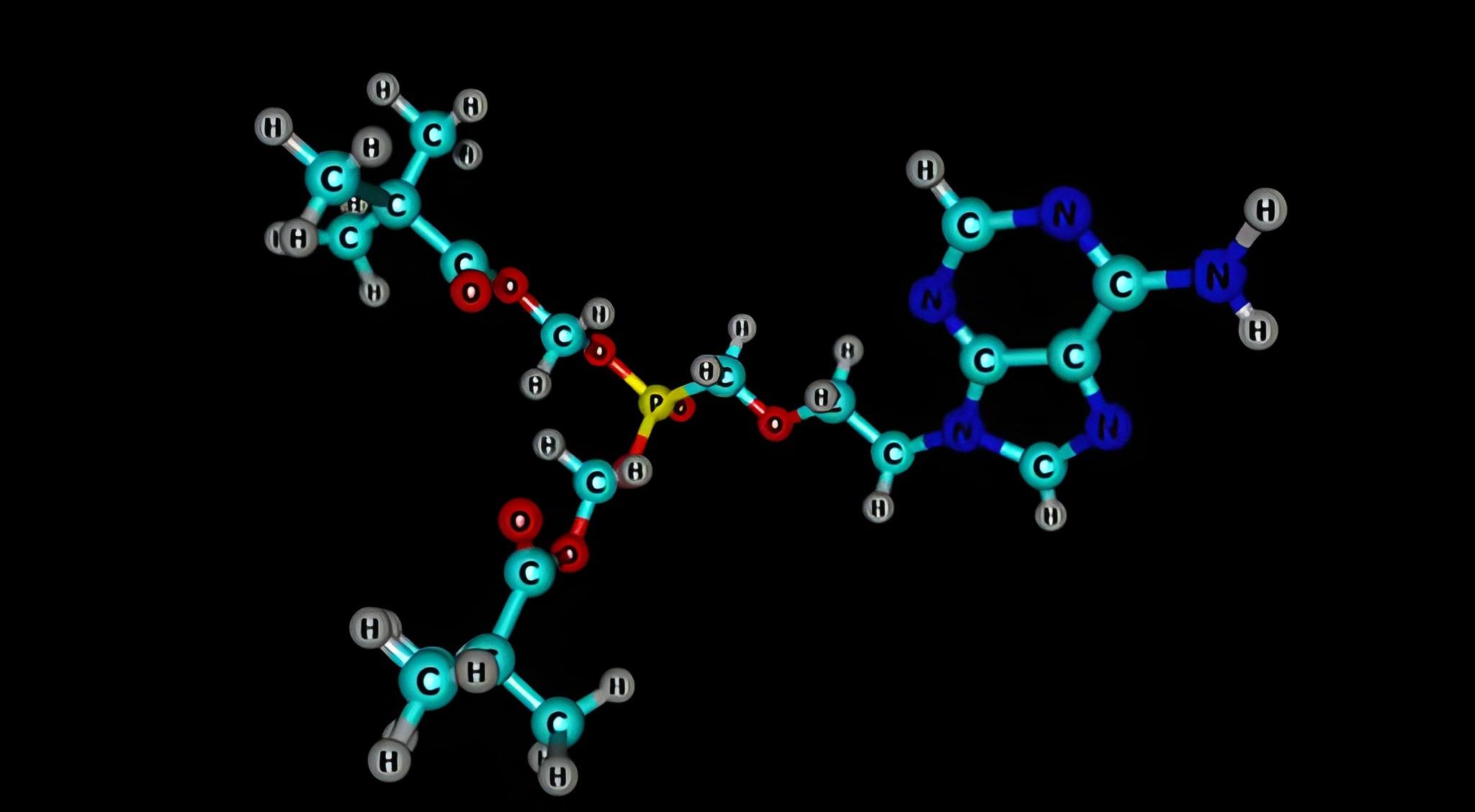Sponsor
Thymidine Phosphorylase Inhibitors: Advancing Therapeutics and Market Insights

The Biological Significance of Thymidine Phosphorylase
Thymidine phosphorylase (TP), also referred to as platelet-derived endothelial cell growth factor, plays a pivotal role in the pyrimidine salvage pathway by catalyzing the reversible conversion of thymidine into thymine and 2-deoxy-D-ribose-1-phosphate. Beyond its metabolic function, TP is strongly implicated in tumor angiogenesis, metastasis, and tissue repair. Elevated levels of TP have been detected across various cancers, including colorectal, breast, lung, and gastric malignancies, where the enzyme supports tumor growth by promoting angiogenic signaling and altering the tumor microenvironment. Consequently, targeting TP has emerged as a key focus in developing innovative anticancer therapies designed to suppress angiogenesis and enhance outcomes when combined with conventional treatments. The increasing attention to this area has fueled the growth of the Thymidine Phosphorylase Inhibitors Market.
Mechanism of Action of TP Inhibitors
Thymidine Phosphorylase Inhibitors function by blocking TP activity, reducing the production of deoxy-D-ribose, a metabolite that stimulates endothelial cell migration and angiogenesis. By suppressing TP, these inhibitors limit the pro-angiogenic signals necessary for tumor vascularization, effectively depriving cancer cells of essential nutrients and oxygen. Additionally, TP inhibition can improve the effectiveness of chemotherapeutic agents that rely on thymidine metabolism, providing synergistic therapeutic benefits. Several small-molecule and nucleoside analogs have been designed to selectively target TP, demonstrating promise in both preclinical studies and early-phase clinical research.
Therapeutic Applications Beyond Oncology
While the main research focus for TP inhibitors is cancer therapy, their therapeutic potential extends to other conditions characterized by abnormal angiogenesis or tissue remodeling. TP is involved in inflammatory and ischemic tissue repair processes, suggesting potential benefits in disorders such as rheumatoid arthritis and chronic inflammatory diseases. In these cases, excessive TP activity contributes to vascular proliferation and tissue damage, making inhibitors a potential strategy to reduce inflammation and prevent further tissue destruction. In oncology, TP inhibitors are studied as both monotherapies and adjuncts, often in combination with chemotherapeutics like capecitabine, aiming to enhance drug selectivity and overcome resistance mechanisms.
Advances in Clinical Research
Over the last decade, multiple studies have investigated the safety and efficacy of TP inhibitors in humans. Early compounds, including 5′-O-tritylthymidine and tipiracil, provided valuable insights into pharmacodynamics and toxicity profiles. Tipiracil, in particular, is used alongside trifluridine in the approved anticancer therapy trifluridine/tipiracil (Lonsurf), which has shown improved survival rates in metastatic colorectal and gastric cancers. Current Thymidine Phosphorylase Inhibitors Clinical Trials continue to explore optimal dosing, combination strategies, and potential new indications. These trials aim to define therapeutic windows for TP inhibition and identify predictive biomarkers for personalized cancer treatment.
Key Industry Players and Collaborations
The development of TP inhibitors is driven by a combination of large pharmaceutical firms, biotech companies, and academic research institutions. Leading Thymidine Phosphorylase Inhibitors Companies focus on improving compound selectivity, bioavailability, and safety profiles. Partnerships between industry and academia have accelerated the translation of preclinical findings into clinical therapies. The success of tipiracil has heightened interest in next-generation inhibitors that offer enhanced potency and favorable pharmacokinetic properties. These efforts also extend beyond oncology to diseases associated with pathological angiogenesis, including diabetic retinopathy and certain cardiovascular disorders.
Approved and Pipeline Therapies
Among the Thymidine Phosphorylase Inhibitors Drugs, tipiracil remains the most clinically validated. As part of Lonsurf, it prevents the breakdown of trifluridine, maintaining drug exposure and enhancing cytotoxic effects against cancer cells. Other investigational compounds are progressing through preclinical and clinical pipelines, with particular interest in non-nucleoside inhibitors that may offer improved safety. Some emerging drugs are being evaluated for their potential to combine TP inhibition with immune modulation, leveraging TP’s dual role in tumor progression and immune evasion.
Challenges in Drug Development
Despite promising outcomes, the development of TP inhibitors faces challenges. Selective inhibition must avoid interfering with physiological angiogenesis and tissue repair, as TP is crucial in these processes. Tumors may develop compensatory pathways leading to resistance, which underscores the need for combination therapies. Pharmacokinetic optimization is also critical, balancing effective drug concentrations at tumor sites while minimizing systemic toxicity. Advances in medicinal chemistry and targeted delivery methods are expected to improve the therapeutic index of these inhibitors.
Market Trends and Economic Insights
The Thymidine Phosphorylase Inhibitors Market Size is steadily growing, fueled by rising cancer prevalence and demand for targeted therapies. Tipiracil-based treatments have validated the commercial viability of this class, encouraging new entrants to explore novel compounds. Analysts forecast moderate but consistent growth as more inhibitors advance through clinical development and expand into additional indications. Integration into combination regimens could further accelerate adoption if clinical trials confirm survival benefits and manageable safety profiles.
Future Outlook
The Thymidine Phosphorylase Inhibitors Market Forecast indicates strong growth potential, driven by innovations in drug design, biomarker discovery, and precision medicine. Computational modeling and structure-based drug development are facilitating the discovery of highly selective and potent inhibitors. Investments from pharmaceutical and biotech companies are expected to expand research activities and market reach. As personalized cancer therapies gain prominence, TP inhibitors are positioned to become integral components of next-generation targeted anticancer strategies. Emerging data from ongoing trials will further define their clinical utility, safety profile, and potential in combination therapies with immuno-oncology or anti-angiogenic agents.
Conclusion
The study of Thymidine Phosphorylase as a therapeutic target has evolved from niche research to a promising field with measurable clinical and commercial outcomes. TP inhibitors have shown the ability to modulate tumor growth, angiogenesis, and chemotherapy response, creating a strong foundation for future drug development. As research progresses and clinical evidence accumulates, these inhibitors are poised to play a transformative role in cancer treatment, with applications likely to expand across multiple disease areas, reinforcing their position as a pivotal frontier in modern pharmacology.
Latest Reports by DelveInsight:
B-Cell Chronic Lymphocytic Leukemia Market | B-Cell Non-Hodgkin Lymphoma Market | Balloon Catheters Market | Balloon Catheters Market | Basal Cell Carcinoma Market | Beta Thalassemia Market | Biochips Market | Blood Purification Devices Market | Bradykinesia Market | Breast Biopsy Market | Canaloplasty Market | Cancer Cachexia Market | Cancer Vaccines Market | CAR T Cell Therapy for Multiple Myeloma Market | Cardiac Restoration Systems Market | CART-Related Neurotoxicity Market | Cataract Market | CDK4/6 Inhibitor Market | Central Retinal Venous Occlusion Market | Cerebral Aneurysm Market
About DelveInsight
DelveInsight is a leading Business Consultant, and Market Research firm focused exclusively on life sciences. It supports Pharma companies by providing comprehensive end-to-end solutions to improve their performance. It also offers Healthcare Consulting Services, which benefits in market analysis to accelerate the business growth and overcome challenges with a practical approach.
Media Contact
Company Name: DelveInsight Business Research LLP
Contact Person: Abhishek kumar
Email: abhishek@delveinsight.com
City: Albany
State: New York
Country: United States
Website: https://www.delveinsight.com




